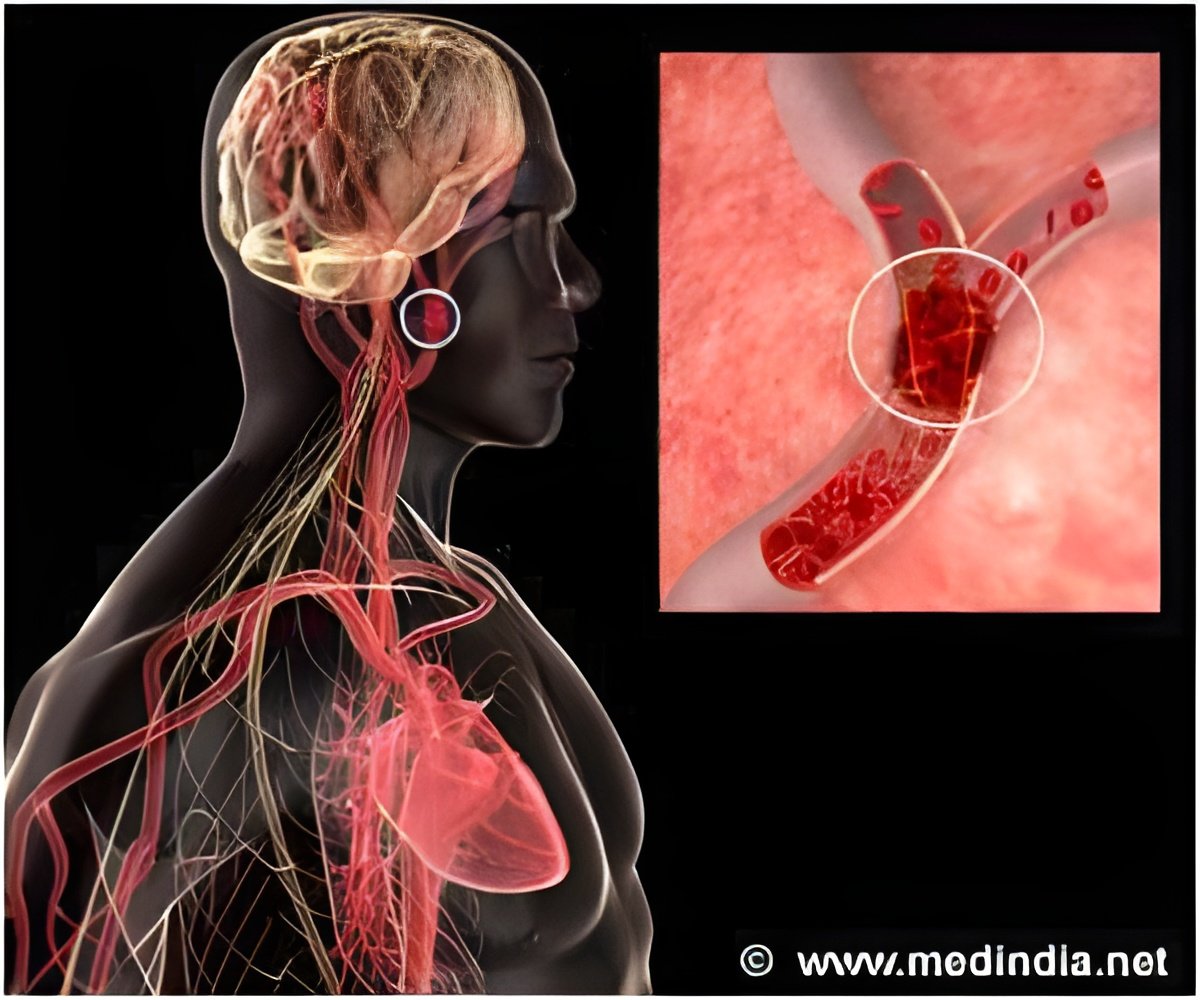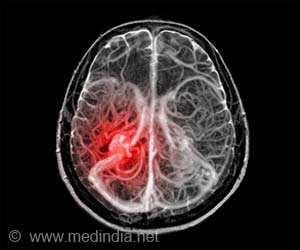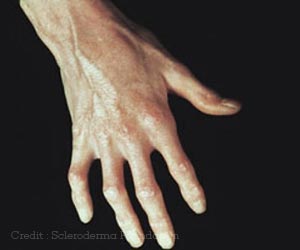New study findings point to specific molecules and pathways in brain vessels that can be investigated as potential targets for future stroke treatments.

‘Identifying alterations in brain vasculature induced by stroke as well as the changes in lipid controlling molecules might permit new therapeutic discoveries for stroke.’





Stroke is and has long been a leading cause of mortality and long-term disability worldwide. Most strokes are ischemic strokes involving a blood clot in a vessel serving the brain.The blockage or severe reduction of blood flow reduces oxygen and nutrient delivery to downstream brain cells, killing or injuring them and triggering inflammatory processes that can cause further damage.
These changes in small cerebral blood vessels are thought to contribute further to brain damage post-stroke. Yet these microvascular changes have been technically challenging to record accurately, and thus have not been as well studied as other aspects of stroke—nor do they have any specific treatment.
Stroke-Induced Alterations in Brain Vessels Reveals Promising Therapeutic Candidates
In the new study, researchers comprehensively recorded post-stroke changes in gene activity in the cerebral microvasculature in mice and identified the changes that have also been seen in studies of human stroke patients.They found 541 genes whose activity was altered similarly in both mice and human brain microvessels post-stroke. Dividing these genes into groups based on their functional roles and disease links, they identified several major clusters.
These included clusters relating to general inflammation, brain inflammation, vascular disease, and the type of vascular dysfunction that would cause cerebral microvessels to become leaky. This leakiness implies a weakening of the “blood-brain barrier,” the cellular lining of cerebral microvessels that protects the brain by keeping most components of circulating blood out of it.
Advertisement
The study included assessments confirming the “druggability,” or suitability for targeting with small-molecule drugs, of many of the molecules with altered production post-stroke.
Researchers are now following up with preclinical experiments using candidate drugs or genetic methods to reverse some of the specific microvascular changes identified in their study, to investigate if this could be beneficial for stroke patients.
Source-Eurekalert















